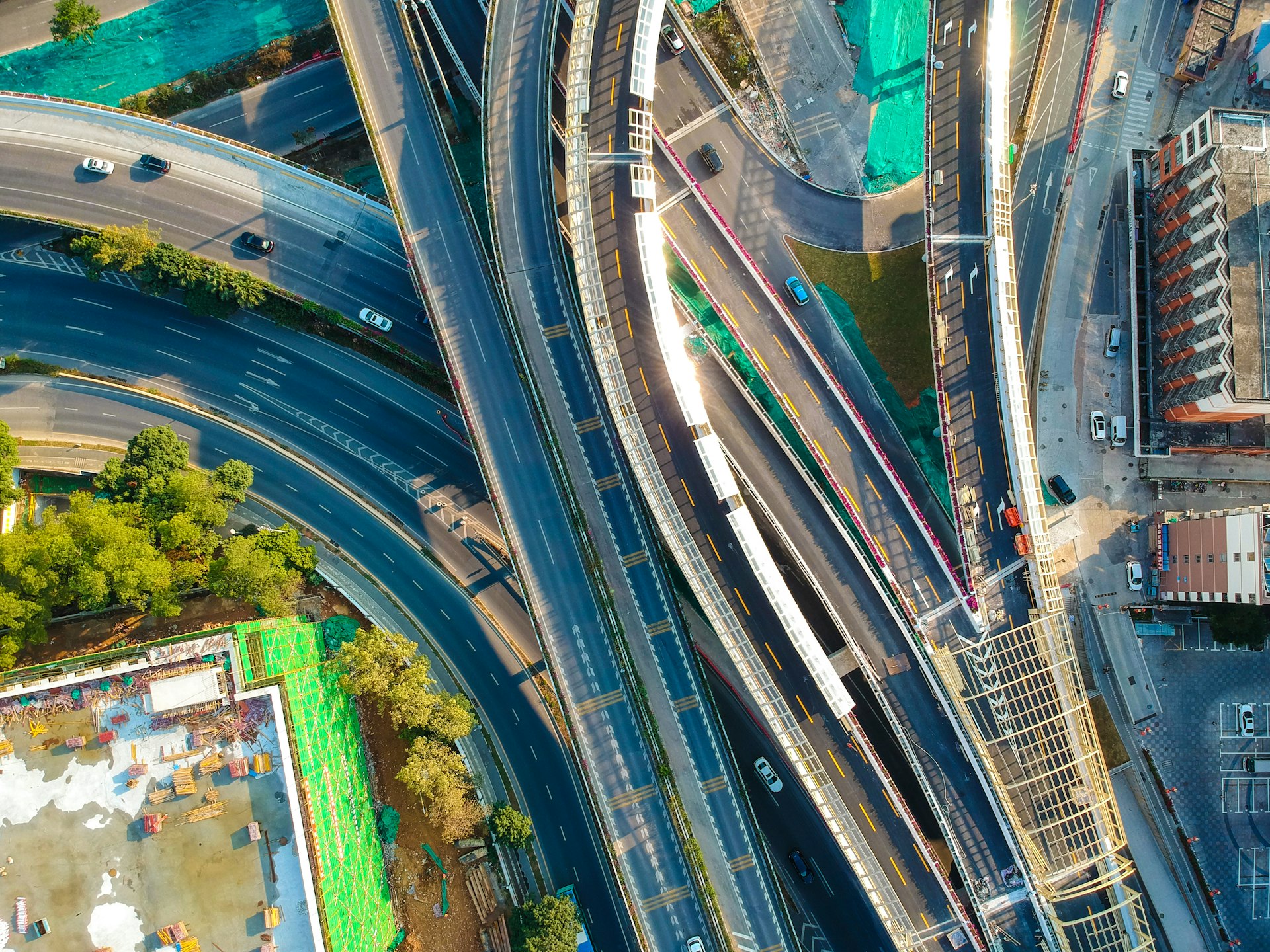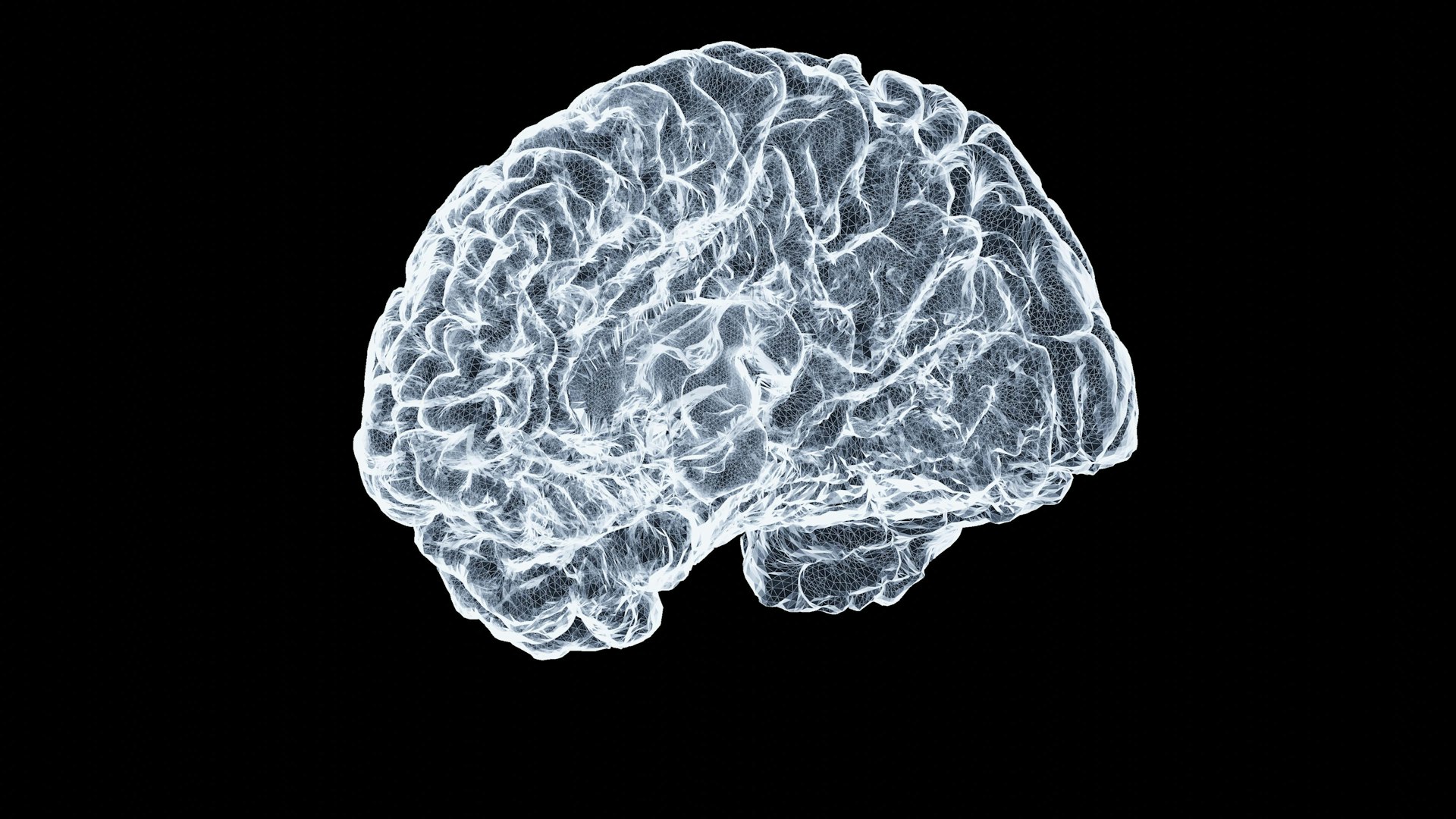Uncovering the Historical Roots and Modern Realities of Global Economic Inequality

Photo by Andy Luo on Unsplash
Introduction: Why Understanding the Historical Roots of Economic Inequality Matters
Global economic inequality is one of the most persistent and complex challenges facing societies today. To address it effectively, it is essential to understand its deep historical roots. Economic disparities are not merely the result of individual choices or market forces; they are built upon centuries of social, political, and institutional developments. This article explores how ancient civilizations, colonialism, industrialization, and global power dynamics have shaped the unequal distribution of wealth we observe worldwide. It also provides practical guidance for those seeking to learn more or get involved in efforts to reduce inequality.
1. Early Civilizations and the Birth of Economic Inequality
Economic inequality is as old as civilization itself. Archaeological research shows that disparities in wealth and status were present even in prehistoric societies, with clear evidence of wealth gaps emerging as societies transitioned from hunter-gatherer bands to settled agricultural communities. Differences in house sizes, burial goods, and land ownership reveal how some families accumulated more resources than others, laying the groundwork for social stratification [4] . As complex societies developed, political and military power often became intertwined with economic privilege, with elites consolidating wealth through conquest, tribute, and control of land.
For those interested in studying ancient inequality, you can explore archaeological data through university research databases and journals. Many universities have anthropology or archaeology departments with public resources. Consider contacting local universities or museums for access to educational materials or public lectures.
2. Colonialism and the Globalization of Wealth Gaps
The age of European colonial expansion fundamentally reshaped the global economic landscape. Colonizing powers extracted vast resources from Africa, Asia, and the Americas, establishing economic systems that privileged the colonizers while impoverishing local populations. This era entrenched patterns of wealth accumulation in Europe and North America, while many colonized regions were left with underdeveloped economies and persistent poverty [3] .
Latin America, for example, saw land and resources concentrated in the hands of a small elite, while the majority remained landless and poor. These patterns did not simply vanish after independence; instead, they were often reinforced by new economic policies and global market dynamics. The legacy of colonialism continues to influence wealth distribution and economic opportunities to this day.
If you wish to learn more about the impact of colonialism on modern economies, consider searching for “colonialism and economic development” in reputable academic databases, such as JSTOR or your local university library. Public lectures, documentaries, and museum exhibits frequently address these topics as well.

Photo by Boston Public Library on Unsplash
3. Industrialization and the Rise of Global Inequality
The Industrial Revolution marked a watershed moment in the history of economic inequality. As Western countries industrialized, they achieved unprecedented economic growth, but this growth was unevenly distributed both within and between nations. Theories such as Simon Kuznets’ suggest that inequality rises in the early stages of industrialization and may later decline as more people gain access to new opportunities [1] .
However, other economists, like Branko Milanović and Thomas Piketty, argue that inequality is not a natural byproduct of progress but the result of specific social and political decisions. They emphasize the importance of labor movements, policy choices, and ideological struggles in shaping the distribution of wealth.
To access research on industrialization and inequality, you can review publications from organizations such as the World Inequality Lab or the World Bank. These institutions provide open-access reports, datasets, and analysis on trends in global and national inequality.
4. The Modern Era: Between-Country and Within-Country Inequality
Over the past two centuries, the most dramatic increases in global inequality have occurred between countries. As industrialized nations advanced, the income gap between them and the rest of the world widened sharply, peaking in the late 20th century [5] . In recent decades, however, rapid economic growth in parts of Asia has narrowed this gap somewhat, but significant disparities remain.
Within countries, inequality has followed a U-shaped trajectory, with high levels in the early industrial era, declines during the mid-20th century due to progressive policies, and a resurgence since the 1980s as globalization and technological change have favored capital over labor [5] . The persistence of wealth and income concentration among a small elite continues to spark debates about the effectiveness of redistribution, education, and economic reform.
For practical tools to explore current inequality data, visit platforms like the World Inequality Database. You can search for “World Inequality Database” or “income distribution by country” to find up-to-date charts, analysis, and downloadable datasets.
5. Key Drivers: Political, Institutional, and Capital Factors
Political and institutional factors play a central role in shaping inequality. Decisions about property rights, taxation, education, and the rule of law determine how wealth is created and distributed. Societies that invest in inclusive institutions-those that provide broad access to education, infrastructure, and health care-tend to experience less entrenched inequality [2] .
Capital endowments, both physical (factories, infrastructure) and human (education, skills), are critical. The lack of investment in human capital in poorer regions is a major barrier to reducing global inequality. While in theory, large-scale investments and wealth transfers could help close these gaps, political and economic obstacles often prevent such redistribution.
If you want to learn more about how policy can affect inequality, consider following reports from the International Labour Organization (ILO), the United Nations Development Programme (UNDP), or the Organisation for Economic Co-operation and Development (OECD). These organizations publish accessible, actionable policy briefs and case studies.
6. Real-World Examples and Case Studies
Several countries offer illustrative case studies. In Mexico, the 19th-century export boom widened wealth gaps, a trend that persisted into the 20th century. In Brazil and Uruguay, income inequality rose steadily with industrial and export-led growth. Meanwhile, certain reforms in parts of Asia have demonstrated that targeted investments in education, land reform, and health can significantly reduce poverty and narrow gaps in opportunity [3] .
For those interested in comparative studies, you can research “case studies of economic inequality” through academic journals or international organizations’ websites. Many NGOs also publish reports on specific countries and regions, detailing the historical and modern roots of local inequalities.
7. Actionable Strategies: Learning and Engaging with Inequality Solutions
While eradicating global economic inequality is a daunting challenge, actionable steps are available for individuals, educators, and policymakers. Here are some pathways you can take:
- Education and Awareness: Seek out reputable online courses and webinars from universities and organizations focused on economic history, development, and policy.
- Data Exploration: Use freely accessible databases like the World Inequality Database to study income and wealth distributions and share these insights within your community.
- Advocacy: Connect with NGOs and advocacy groups working on fair trade, education access, or poverty reduction. Many organizations welcome volunteers and supporters.
- Policy Engagement: Attend local government meetings, join public consultations on economic development, or contact your representatives to advocate for inclusive policies.
If you are interested in policy careers or research, consider graduate programs in economics, public policy, or international development. Many universities offer scholarships and fellowships; search their official websites or speak with academic advisors for guidance. Some programs may require standardized tests, written applications, and reference letters-be sure to review requirements carefully.
Conclusion: Towards a More Equitable Future
The historical roots of global economic inequality are deeply embedded in the fabric of societies. Understanding this legacy is an essential first step toward meaningful change. By studying the past and engaging with practical solutions today, it is possible to envision and work towards a more equitable global economy.
References
- [1] Wikipedia (2025). History of economic inequality.
- [2] World Inequality Report (2022). Global inequality from 1820 to now.
- [3] ReVista – Harvard University (2022). The History of Inequality.
- [4] Santa Fe Institute (2025). Unequal foundations: Tracing the origin of wealth inequality across 10,000 years.
- [5] Our World in Data (2023). The history of global economic inequality.
MORE FROM yourscholarshiptoday.com













